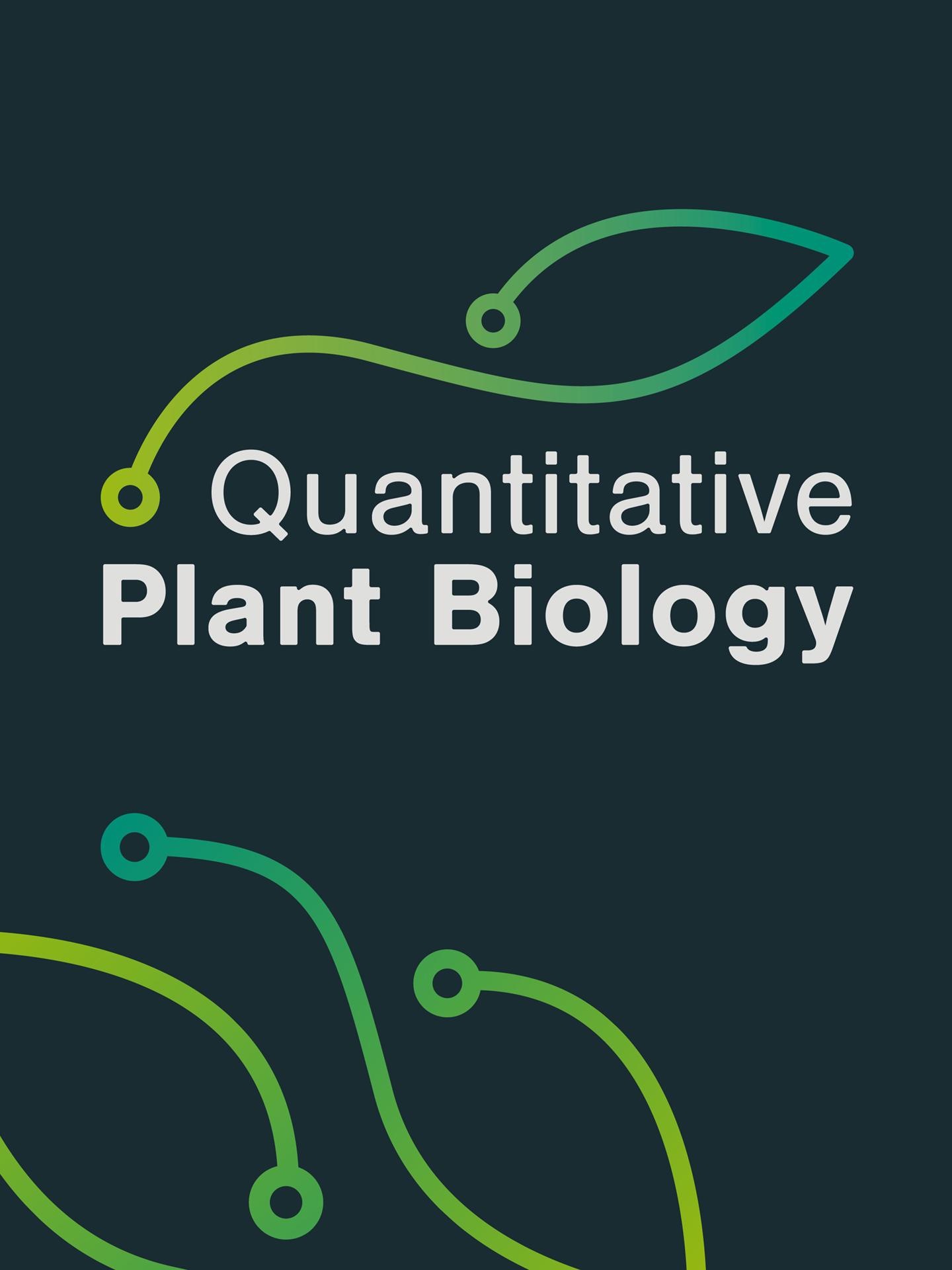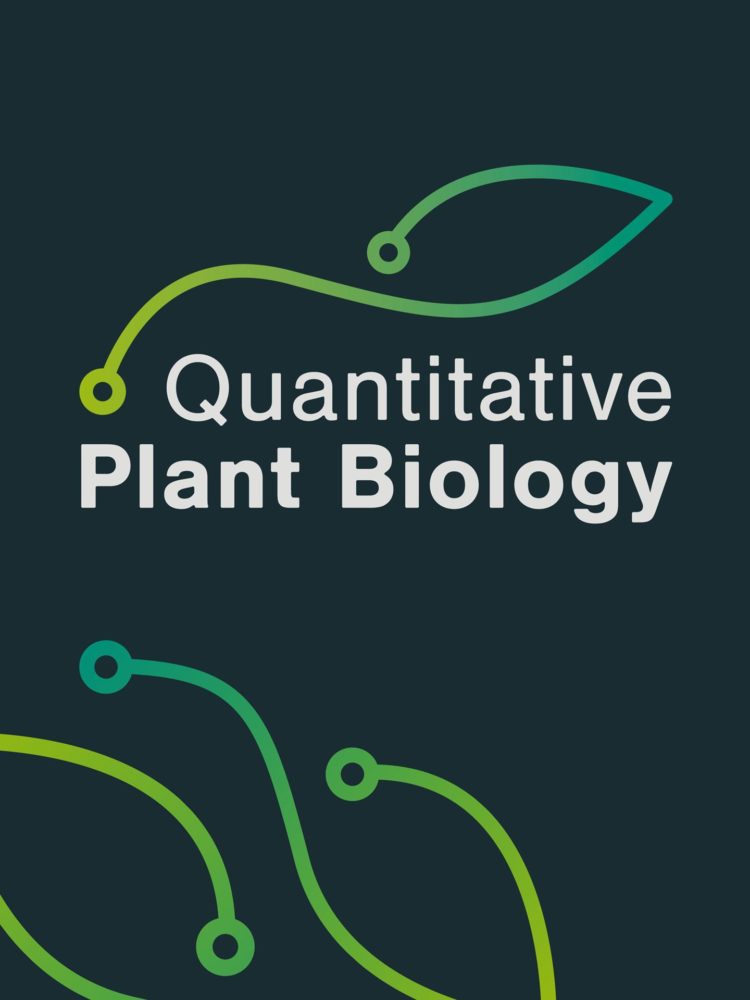New journal launched by Cambridge University Press and the John Innes Centre

Credit: Cambridge University Press
A new open access journal from Cambridge University Press will provide an interdisciplinary forum for high quality research on ground-breaking discoveries and predictions in plant science.
Launched this week, Quantitative Plant Biology is co-owned by the John Innes Centre, one of the world’s leading research institutes in plant genetics and crop improvement. It will provide a dedicated home for research that applies techniques such as data mining and analysis, mathematical modelling and machine-learning to plant biology.
The journal will welcome research from across the spectrum of fundamental, applied and societal plant research; across all biological scales, from molecular through cellular and organismal to populations; and be based on data from laboratories, fieldwork and citizen science.
The Press’s STM Publishing Director, Caroline Black, said: “The discipline of quantitative plant biology has grown substantially in the past 10 years. With recent developments in quantitative live imaging, biophysics, bioinformatics, and computational science, plants are increasingly viewed as integrated, dynamic and multiscale systems.
“Although research output reflects this trend, papers using these techniques are scattered across a range of journals, none of which are set up to cater for research in the field of quantitative plant biology. This new journal will provide a home for those papers.”
Quantitative Plant Biology‘s Editor-in Chief is Dr Olivier Hamant, Research Director of the Plant Reproduction and Development Laboratory at ENS-Lyon. He said: “The way science operates is likely to change quite dramatically in the coming decades, with more and more data coming from the field, even collected by non-scientists.
“We will need new ways to deal with such massive and diverse data, and this will question the way we do science in the labs. Quantitative Plant Biology should set the stage for this upcoming scientific revolution.
“There is already a growing community in plant science that puts a lot of effort into quantitative plant science and Quantitative Plant Biology is in line with this momentum. It will set a new standard for the plant community, and provide solid ground for interdisciplinary dialogue, setting the pace of plant biology in the 21st century.”
Alongside traditional research articles, the journal will also publish two new sections in line with its focus on quantitative research.
‘Theories’ will be speculative and thought provoking articles that use meta-analysis of publically available data to find overarching trends and question existing beliefs. There will also be citizen science articles, drawing on large datasets from non-scientists and co-written with scientists in a way that is easily understood by a lay audience.
Professor Dale Sanders, FRS, director of the John Innes Centre said: “We are delighted to be promoting quantitative, reproducible, open plant science through this partnership. Plant biology is becoming increasingly data-rich, building the foundation for predictive, mechanistic understanding across scales, from the molecular level to the field. We hope that Quantitative Plant Biology will act as a focal point for this growing community to exchange their latest breakthroughs, ideas, hypotheses, data and code and play a key role in helping drive the field forward.”
###
Media Contact
John Clare
[email protected]
44-122-332-6173
Original Source
https:/





